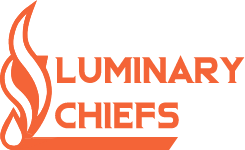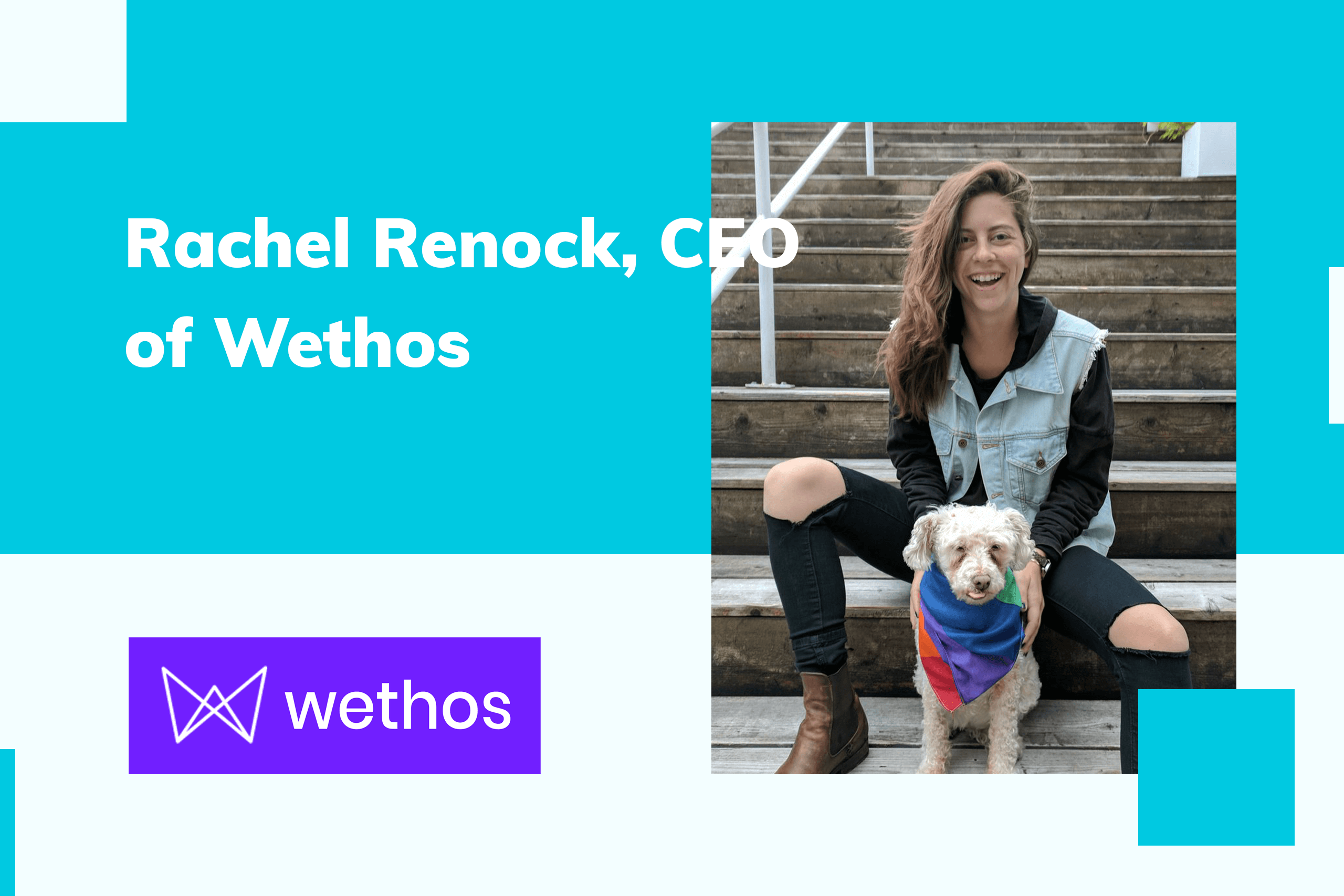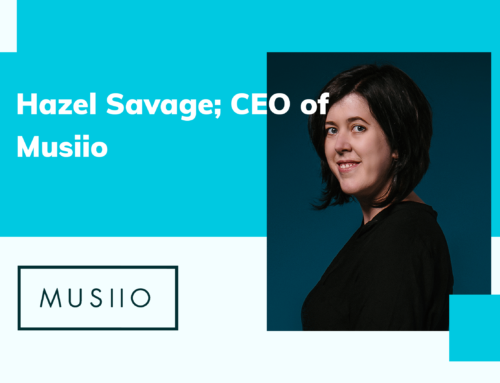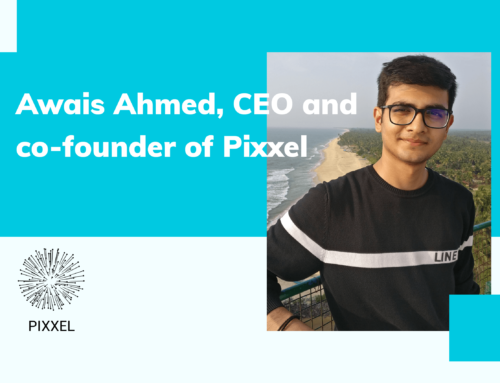How Social Trends and Labor Market Trends Can Come Together to Create a Startup Like Wethos
Wethos is a startup based in New York City that was founded out of three trends in the remote work and freelancing economy:
- The growth of the freelance and gig economy: the use of freelance work platforms have increased 30%, and studies show that future of gig work is impacting nearly every industry.
- Millennials want meaningful work: more and more millennials strive to do more than just merely make a living, and the rise of social enterprises can be attributed to more consumers thinking of social impact as a required expectation from firms rather than just an added differentiator.
- Necessity of teams: companies are trending towards looking for employees who can collaborate, and some are even requiring their remote workers to work together for improved efficiency.
Combining these social and market forces, the co-founders at Wethos created a platform for nonprofits and social enterprises to hire the most qualified, dedicated freelancers who actually care about finding a job with meaning. Today, the company has evolved into a platform that builds working teams that cater perfectly to each client company’s needs in startup or nonprofit marketing.

In the freelancing world, work can be very lonely or boring. Remote roles especially experience the little human interaction on a daily basis. Some freelancers experience burnout from the lack of socialization, and with the wide variety of odd jobs or small-scale projects that the gig economy has to offer, freelancers often have trouble attributing meaning to their work.
That’s why Wethos creates teams, combining freelance specialists in website analytics, growth marketing, content development, and branding – all based on what projects the client company wants to achieve. These creatives, designers, and strategists come together to help companies with big missions or causes to reach their goals. So far, some of their clients have been social enterprises and causes such as All Voting is Local, the Tourette Association of America, and Our Military Kids.

In the end, the nature of work is changing, and the future of work is in the freelance and gig economy. Wethos is a startup that has raised over $4 million in venture capital to find the best way for workers to be remote, social, communicative, and engaged, and they do it best by providing them a job that makes a meaningful contribution to the world, therefore increasing their happiness and commitment as well.
Interview with Wethos’ CEO, Rachel Renock, About How Values Make a Difference

Tell me about your company and how you got started
“I come from a background in advertising. I used to work at a large ad agency with my co-founder, and at the time, I was freelancing on the side for some nonprofits here in New York. They were just constantly asking me if I knew more resources – so any writers or developers. It became clear very quickly that they had a big resourcing problem.
At the same time I had a big network of creative people that I knew wanted to do more meaningful work, so that’s sort of how the idea came to fruition. Obviously since then we’ve been focused predominantly on creating teams rather than just individual freelancers.
We’ve made a lot of progress in the last few years, having launched the company just before the 2016 elections, really just having a better understanding of how widespread this resourcing problem is and how badly these orientations need our help.”
How close are you to your company’s vision of success, and what milestones are you looking towards in the next few months?
“Well we just closed a $3 million round, which is awesome. We’re also going to be looking to do our Series A round sometime in the next 12 to 18 months I would say.
Right now we’re really focused on creating a more repeatable and predictable sales process, so growing in terms of revenue and hitting our benchmarks for that Series A. Oh as well as investing a lot of time and energy into our product to think beyond the technology that we use to run just the day-to-day in terms of deploying about 10 to 15 teams or so a month.
The vision is really to start to externalize a lot of that software so that freelancers can start to connect with each other and form these microagencies on their own.”
What have been the hardest parts of running your company?
“The hardest parts of running the company are just constantly having to adapt.
You know, my role three months ago was completely different than what my role looks like now, going from 6 people to 16. So just constantly having that learning curve and constantly having to adapt is definitely one of the hardest things, but it’s also the thing that I love that really keeps me going on the day-to-day.”

What are your company’s values and missions, and how do you incorporate them into your day-to-day?
“Our company’s values and mission: a lot of that comes from being sort of “born into” the nonprofit space. We are not a nonprofit ourselves; we’re a venture-backed tech company, but we have spent many years servicing that space. In that, a lot of things from working with those customers and those organizations have been ingrained in our day-to-day and we care about.
First and foremost is that we believe the people solving our toughest problems deserve the best talent. Whether you are a nonprofit organization, or an ethical enterprise, or anybody who is trying to tackle something that is going to push the world forward, we think that you deserve the best talent and that should be something that is readily accessible.
We also thoroughly believe in a culture of diversity, not because it’s the trendy thing to do right now but because it’s good for business. Every one of our teams we really strive to make as diverse as possible because the more diverse the team, the better they perform. We’ve seen that over and over again across hundreds of teams that we’ve deployed. So that’s at least part of our DNA, and that’s really something we try to incorporate on a day-to-day basis.

And generally speaking, we have a really big collaborative culture. We believe that the future can’t be built alone, and we believe that people have to come to the table with multiple skill-sets and multiple perspectives, potentially even from multiple different industries, to solve some of the problems that we’re faced with today.
So for us, it’s really about the sum of all the parts and not just one individual, but really the output of the team as a whole.”
What inspires you to keep doing what you’re doing?
“What inspires me, what gets me out of bed in the morning is really that idea of bringing a team culture to the business world and moving away from this idea of everything’s a zero-sum game or it’s “me versus you” because in reality when we work together, we’re able to move forward. We’re able to move faster than we would if we try to work alone.
So everyday I get to tackle this problem, and I get to come into a really, really incredible and smart team, and I get to work with people who are just as passionate about bringing this to life as I am. I think that ultimately is really rewarding for me.

Additionally I come from a freelance background and used to freelance for myself, and I think the way that the world treats freelancers right now is just terrible. They tend to be underpaid; they tend to be undervalued. For us, you know, we have a really thorough belief that when you treat people the best, you tend to attract the best people.
And I’m really inspired by creating a better environment for people to be independent where they’re treated with respect, where value is really shown and known, and where they can come to the table and do the work that they’re best at.”
What advice do you have for people who want to make a difference in this world?
“I say this all the time, but changing the world involves a LOT of paperwork.
There is no silver bullet; there is no moment where you can just do one thing and suddenly the world is changed. Unfortunately it takes a lot of time and money and effort and energy and sometimes frankly lot of paperwork to move the world in the direction that we want to, whether that is changing policies or changing laws or creating movements.

These things don’t happen overnight, and my biggest piece of advice for people who want to get involved is to have patience and to come into the situation understanding that there are things in place for a reason and that maybe organizations aren’t moving as quickly or in the direction that you want them to for good reason.
And so to be humble about that, to always come to the table ready to learn rather than ready to teach – that ultimately will create a much better environment for you to listen, make an impact, and really understand what those challenges are in order to move forward.”
Whether you want to hire or work on a freelance team that truly cares about progressing the world, you can check out the details at wethos.co.
Read from the original source: Thegoodstartup





Posted by
Marta Hi! I'm Marta, project manager for Luminary Chiefs. Here to help, post and make sure everything looks great for you.